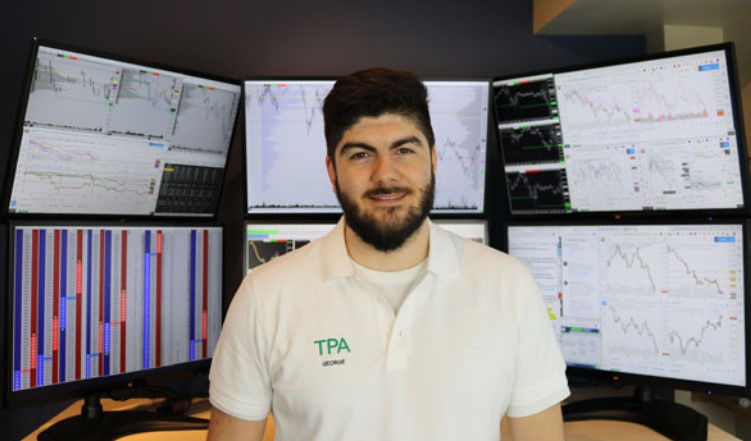The mindset needed to become a successful day trader isn’t all that different from what’s needed to support successful professional athletes. According to the George Papazov, founder of TradePro Academy, it requires a performance mindset, discipline, and diligence. His training program offers students the skills and hands-on experience needed to become profitable traders. Instructors focus also on the mindset successful traders need to stay on top. From a love of problem-solving for beginning day traders to the strong will needed to stick the course, Papazov shared with me how the qualities often displayed by athletes help industry leaders in his business as well.
The Psychology of Day Trading
When it comes to finding success as a day-trader, psychology can play just as important a role as strategy. “The market is a constant problem to solve for professionals in our industry and that daily diligence requires both positivity and a strong will,” Papazov says. He explained that while some of his students start expecting results immediately, this actually puts unnecessary pressure on them. The most important thing new day traders need is achievable goals, a short- and long-term plan, and the will to stick to it.
Psychological biases can play a huge role in our decision-making. Papazov explains that at TradePro Academy students learn to be more self-aware, recognize the tell-tale signs of emotional decision making or impulsiveness, and how to deal with them in real time. “We are all human and each one of us has to constantly work at developing our emotional intelligence and psychological skills,” he says.
Separating Work from Emotion
One of the earliest lessons Papazov teaches newcomers is staying positive and optimistic. In addition, when learning to work alone for the first time, it’s important to understand that just like managers hold employees accountable, you must now be self-critical and hold yourself accountable.
Papazov emphasizes that “trading isn’t about being right.” Instead, successful traders make decisions with limited information and manage risk successfully. “Trading is like starting a business. You are an entrepreneur, and it can quickly become a full-time job.”
TradePro Academy’s instructors stress that day-trading is not a get-rich-quick scheme. “This will be a journey without a destination. It’s constant work, self-analysis and change,” says Papazov. “It can also be the most rewarding process of your career, trading just two hours a day for a full-time income.”
A successful trader himself, Papazov follows a structured set of steps to keep his own emotions at bay. He starts with a strict morning routine to help initiate the right mindset, before reviewing past wins like a “hall of fame” to promote the right mindset. Next comes a review of the day’s trading plan to encourage patience rather than impulsively jumping at the first opportunity. “Amateurs anticipate returns, professionals manage risk,” he says.
